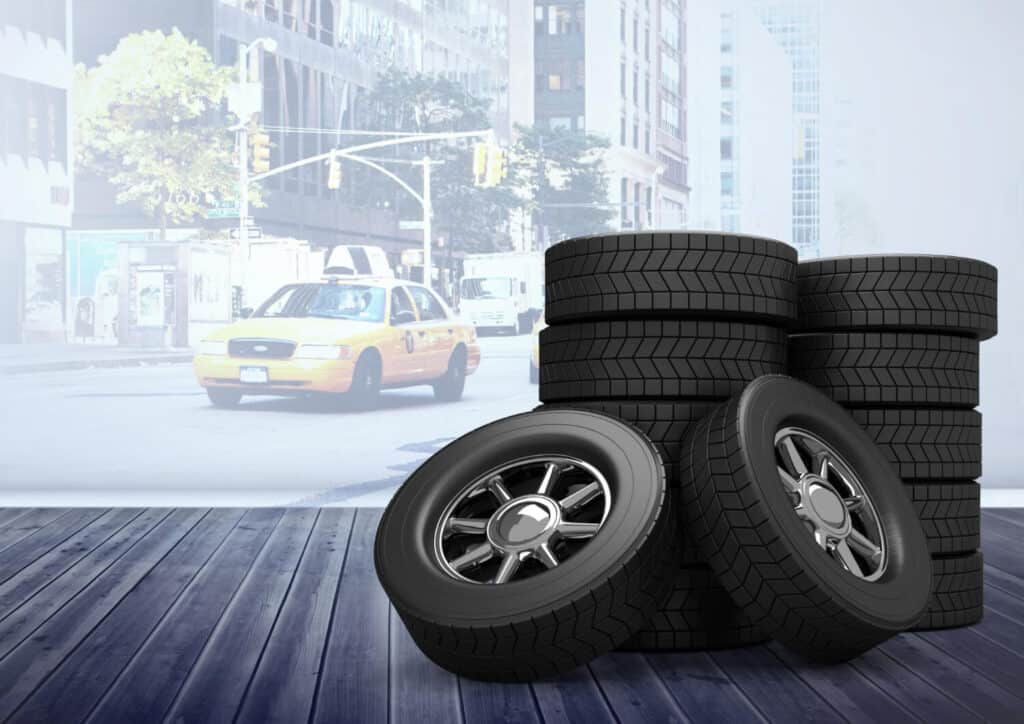Are you in the market for new tires and find yourself scratching your head, wondering whether to buy them with or without rims? Fret not, as we unravel the pros and cons of each option and provide some tips to help you make an informed decision.
Understanding Rims: The Role of Wheel Components
Rims, also known as wheels, are essential components that support and secure your vehicle’s tires. They come in various materials, sizes, and styles, affecting not only aesthetics but also performance and ride quality.
Advantages of Buying Tires With Rims: Convenience and Compatibility
Purchasing tires with rims offers a few key advantages. Firstly, it ensures compatibility between the tire and rim, eliminating any guesswork. Secondly, it saves time and effort, as you won’t need to mount and balance the tires on your existing rims. Lastly, having a dedicated set of rims for each type of tire (e.g., summer and winter tires) simplifies seasonal changes.

Disadvantages of Purchasing Tires With Rims: Costs and Limitations
Despite the convenience, buying tires with rims can be more expensive upfront. Additionally, you may be limited in terms of tire and rim combinations, potentially missing out on better options available separately.
Opting for Tires Without Rims: Benefits and Flexibility
Purchasing tires without rims allows you to explore a wider range of tire options and potentially find better deals. If you already have a suitable set of rims, this approach can save you money by avoiding the cost of purchasing new rims. Additionally, you’ll have the flexibility to choose tires that meet your specific needs and preferences, whether it’s high-performance summer tires or sturdy all-terrain options.
Potential Drawbacks of Tire-Only Purchases: Mounting and Balancing Concerns
On the flip side, opting for tires without rims means you’ll need to have them mounted and balanced on your existing rims, which can be a hassle and incur extra costs at a service center. Moreover, frequent mounting and unmounting may cause wear and tear on your rims, potentially reducing their lifespan.

Making an Informed Decision: Factors to Consider When Choosing Tires and Rims
When weighing your options, consider factors such as your budget, existing rims’ condition, seasonal tire requirements, and any performance or aesthetic preferences. Assess the costs and benefits of both options, taking into account the convenience and compatibility of purchasing tires with rims versus the flexibility and potential savings of tire-only purchases.
Installation Tips: Ensuring a Safe and Proper Tire and Rim Setup
Regardless of your choice, always ensure a professional mounts and balances your tires. Proper installation is crucial for safety and performance on the road. Additionally, consider having your wheel alignment checked to guarantee even wear and optimal handling. Regularly inspect and maintain your tires, checking for proper inflation, tread depth, and signs of damage. These steps will help prolong the life of your tires and rims, ensuring a safe and comfortable driving experience.
Conclusion
In conclusion, the decision to buy tires with or without rims depends on your individual needs, preferences, and budget. Consider the pros and cons of each option, and don’t hesitate to consult with a professional to make the best choice for your vehicle. With the right tires and rims, you’ll enjoy a smoother, safer ride and get the most out of your investment.
